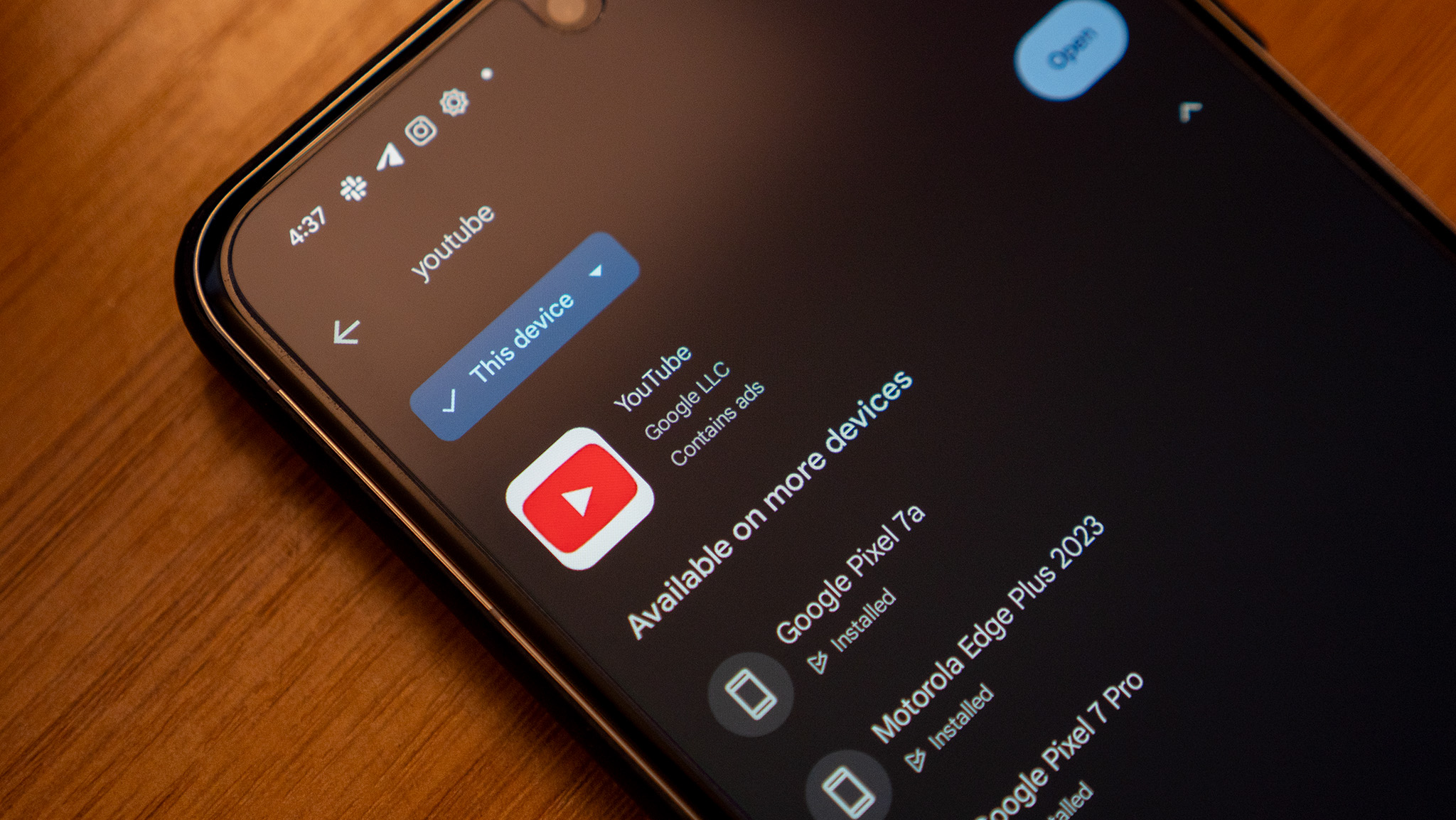The differences between Android and iOS are rapidly evaporating
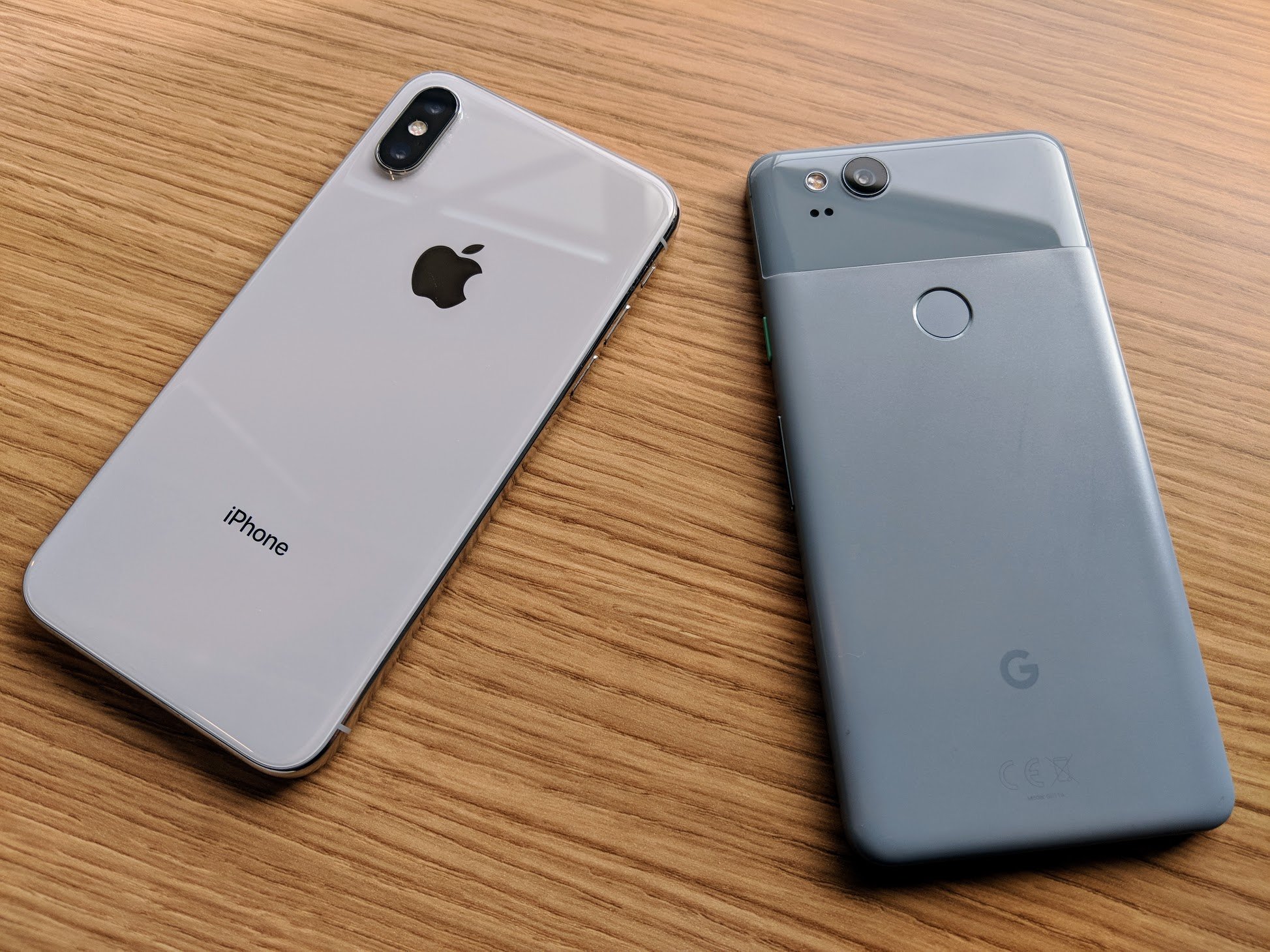
Get the latest news from Android Central, your trusted companion in the world of Android
You are now subscribed
Your newsletter sign-up was successful
Through years of feature cloning and one-upmanship, Android and iOS have slowly become the same thing. Every year we see Apple and Google take to the stage with broad messages, which sound like different overall missions, only to see individual features that closely resemble the other offering.
As I sit here with an iPhone X to my left and a Google Pixel 2 to my right, I can honestly pick up either and comfortably use it without feeling like any one major feature is missing from the experience I appreciate on the other. Through no manipulation of my own, aside from the apps I choose to install, the differences between these two experiences have all but faded away.
For my use, and I suspect for many others as well, there are no major functional differences between iOS and Android anymore.
How we got here
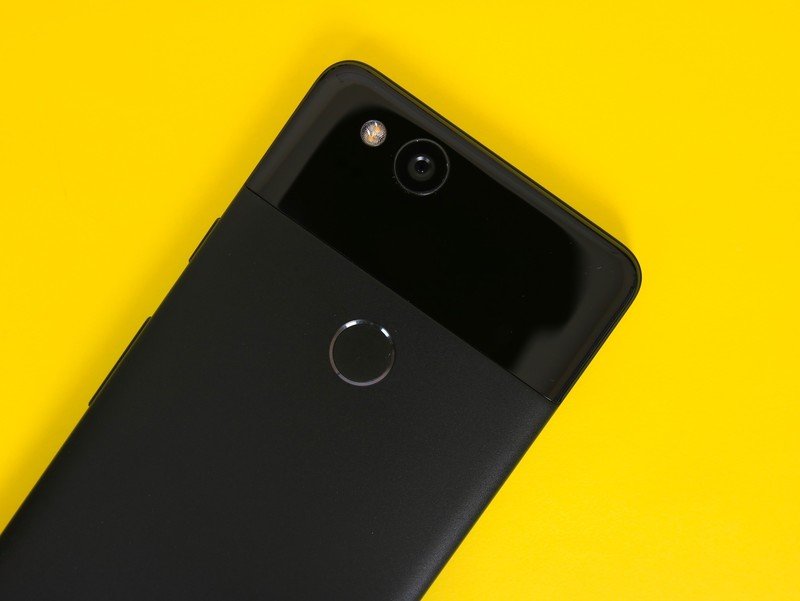
I've been an Android guy from day one — picked up an HTC G1 because it gave me a Linux terminal I could carry in my pocket. I was a server admin at the time, so being able to remote in from the tiny computer in my pocket held tremendous value. Also, having come from the LG enV line of phones, I appreciated the hardware keyboard. While I have bought and tried every iPhone that has ever been released, I never really enjoyed the experience. Android got its hooks in me first, but never deep enough for me to not try what was offered elsewhere.
Today, the iPhone X feels just as feature-complete and enjoyable to use as my other favorite phone, because both companies have made so many moves to copy features found on the other side.
These details only matter to nerds like me, and with each generation those differences fade.
A lot has changed for both iOS and Android since those early days. As each of these platforms matured, it became necessary to implement both hardware and software features others found compelling. Tech nerds look at little things like the ability to copy and paste or the decision to use larger displays as these major efforts to copy the competition, but the reality is the major things were already fairly similar. You pick up the phone, open an app, use the app, and put the phone back down.
As much as Apple likes to crow about security or Google about intelligence, the truth is the way most people use their phones has always depended a lot more on whether your phone had access to the things your friends have access to. So these minor things that made the apps easier to use or more convenient to share from became priorities to implement everywhere.
Get the latest news from Android Central, your trusted companion in the world of Android
If you look deeply at these operating systems, you can see the small differences so many tech bloggers will claim are enormous which separate them. Android makes it easier to share information between apps, for example. If I click a YouTube link in one app, it always opens the YouTube app to play the video instead of opening YouTube in the browser. Meanwhile, Apple offers the kind of granular control over the information your apps take and deliver that I dream of on Android.
Neither of these things matter to someone like my sister, whose biggest concern is whether her phone has the latest fitness app update or a fun new camera app to play with her kids. These details only matter to nerds like me, and with each generation, those differences fade.
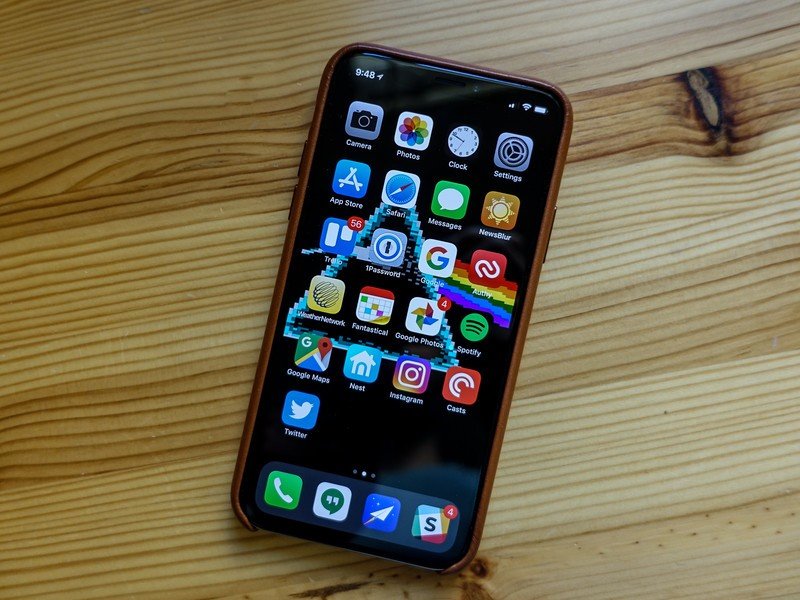
When the most important thing is apps, it becomes important to make sure your operating system offers the best version of an experience and then make sure it can't be had elsewhere. For Apple, that app has always been iMessage.
Google has tried and failed to capture the magic of popular messaging apps more times than I care to count, while Apple fans consider receiving messages from someone not using an iPhone a mark of shame. Meanwhile, Google's computational photography keeps the Pixel phones in the camera lead without actually offering a superior sensor. Apple and Google could easily share here, but these apps are now ammunition in the effort to encourage users to switch from one to the other.
Where we go from here
I've spent a lot of time over-simplifying the comparison between these two to make a point, but it's important to highlight one major difference. In this effort to make apps a form of currency, Google faces challenges that Apple will never need to worry about.
Samsung controls the vast majority of Android's market share, and regularly tries to make its own versions of Google's software stand out from Google's. The Pixel phones aren't the most popular Android phones, but they set the standard for how Android should look and feel. Not only do the Galaxy phones not do everything the Pixel phones can do, but the experience is also muddied with bad copies of Google's best features. Google lacks the absolute control of its platform Apple possesses, which is why a lot of changes come through its Play Services system instead of through full operating system updates. Google can't update every part of a phone this way, but the parts this software can touch are easy to adjust and improve almost instantly.
Apple and Google are competing at an absurdly even footing for this to be possible.
There's also a big problem with universality in the Apple ecosystem. If you use all Apple products, the experience can be quite good. Deviate from that, and things start to fall apart.
The only fitness tracker that talks to Apple's excellent health ring and achievement system the right way is the Apple Watch. HomePod is only really useful if you use Apple Music. But it goes deeper than hardware, and that's where things become truly problematic. Apple's keyboard isn't my favorite, but I can never truly disable it in favor of one I prefer. The Apple keyboard takes over whenever I'm entering a password in order to protect me, and then some apps will default to Apple's keyboard instead of the one I have selected.
Another example is the browser. Safari is the default for everything and if you deviate from that your general experience across the OS suffers unnecessarily. Granted, in this case, Safari is generally the best performing browser on iOS, but it's an unmistakably user-hostile move to tell users they can have whatever apps they want and then artificially limit the capabilities of those non-Apple products.
Many — possibly even a majority — of Apple users are happy with platform lock-in. Similarly, a great many Android users are happy with whatever is provided on the phone to start. This is why many U.S. carriers tried for so long to exercise greater control over the apps that came included on phones; the money to be made from app developers who coveted that space in front of our eyeballs was enormous. And it continues to happen in a lesser sense today because it works.
The apps included on a phone are more likely to be the one used, unless that person has friends or co-workers all using some other app. While we spend an increasing amount of time in apps, research suggests more than half of us don't regularly go looking for new ones to install.
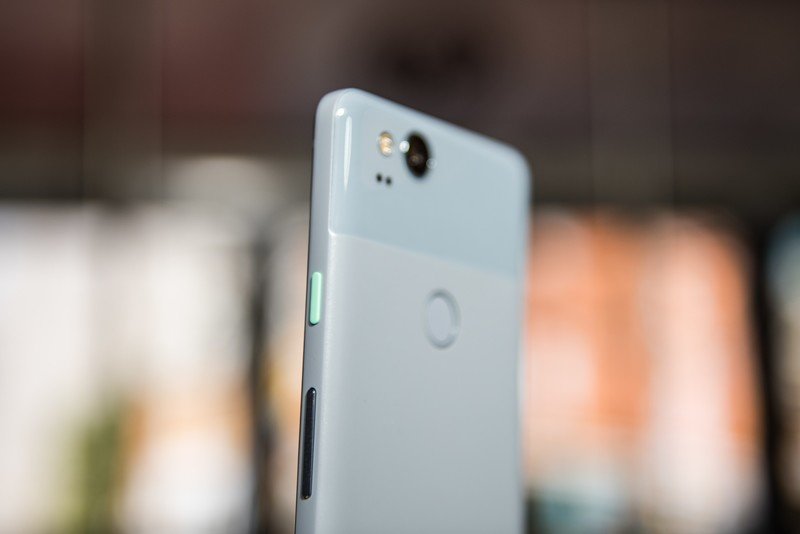
The bottom line here, at least for me, is how impressive it is for these two platforms to have grown to be nearly indistinguishable from a functionality perspective. The buttons may be in different places, and the number of taps and swipes I have to accomplish a task may be slightly higher or lower, but I can't point to any one thing in my day-to-day I can't do on one of these phones that I can do on the other. I have a little more control over how things look on Android, and I'm a fan of the way I can (sometimes) pick up my iPad and be right where I left off in an article on my iPhone, but there's very little else about the experiences I can point at and say I absolutely must have to enjoy my phone and see it isn't available on the other.
To me, this all spells fantastic news for the future of Android.
To me, that's fantastic news for Android. Apple and Google are competing on an absurdly even footing for this to be possible. Comparing the quality of cameras is a matter of the most minute details. The performance of these high-end phones is nearly indistinguishable. All of my apps exist everywhere. As a tech blogger with access to all of this hardware, I'm in a uniquely privileged position to make this claim, but I can honestly switch from an iPhone X to a Pixel 2 and not really feel like I'm making a huge switch. The maturity of these platforms makes that possible, but it also makes the rush to make other things that keep users from switching a greater priority than polishing some rough edges in this next generation.

